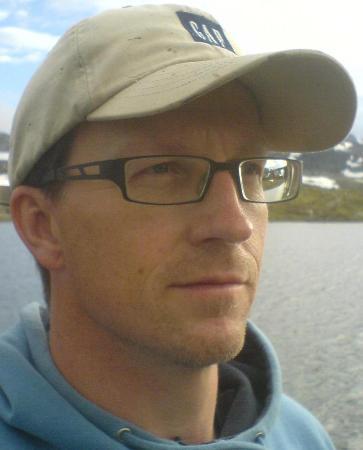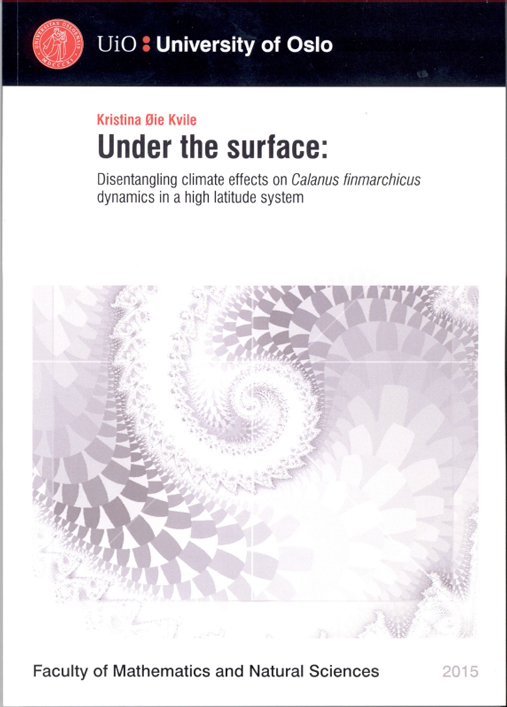Webpages tagged with «Ecology»

Increased sea temperature due to climate change can influence the distribution, abundance and seasonal timing of zooplankton. Changing zooplankton dynamics might in turn impact the higher trophic levels, such as fish and seabirds, feeding on these animals. In a recent paper, we show that temperature variation in the Atlantic waters of the Norwegian Sea and Barents Sea might have stronger effects on the abundance of the younger than older development stages of Calanus finmarchicus, and that these stages might appear earlier in spring during warm years.

A fundamental challenge for European Marine Science is to deliver scientific impact, global leadership and sustainable blue growth for Europe in times of overexploitation, climate change and other anthropogenic stressors. The Marie Sklodowska-Curie Innovative Training Networks MARmaED project makes important steps to answer this challenge by connecting science, policy and people, thus transcending national borders, disciplinary barriers and sectorial divides.
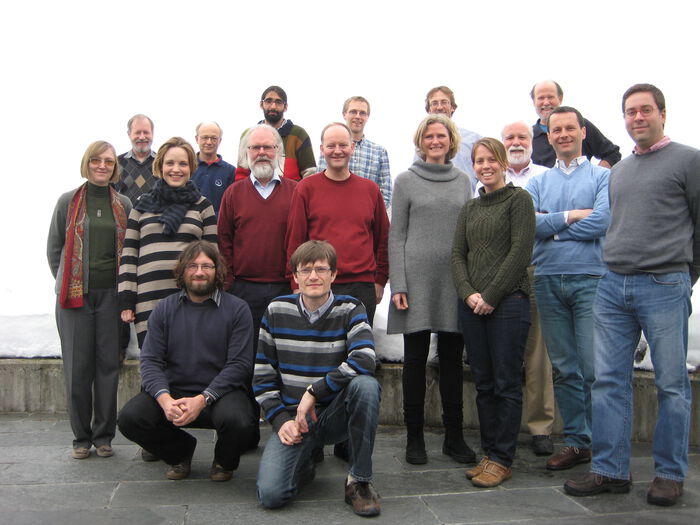
Understanding the drivers that determine the productivity of marine ecosystems is an important issue. Climate and exploitation interact in their effects, such that climate alterations may cause failure in a fishery management scheme while fisheries may disrupt the ability of a population to withstand, or adjust to, climate changes.

Understanding the interaction between species is particularly actual in marine systems where ecosystem approach of management is desirable. This is particularly the case in high latitude systems such as the Barents Sea where climate change effect is supposed to be the strongest.
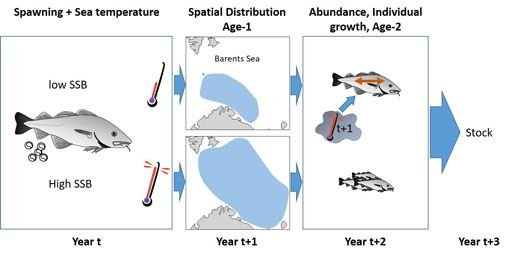
While the importance of early life survival and growth variations for population dynamics is well documented, there is still a relatively limited understanding of how survival and growth is affected by the species’ spatial distribution. In a study published in the ICES Journal of Marine Science, we analysed 24-years of indices of spatial distribution of 1 year old Northeast Arctic cod to study the role of distribution for the change in abundance and mean body size through their second winter of life.
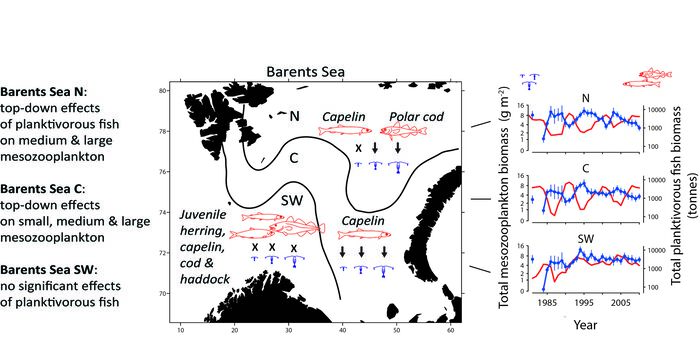
Statistical analyses of long-term monitoring data reveal an inverse relationship between the biomasses of zooplankton and plankton-eating fish, but only in the northern and central parts of the Barents Sea. In the southwestern Barents Sea, so such relationship is found.
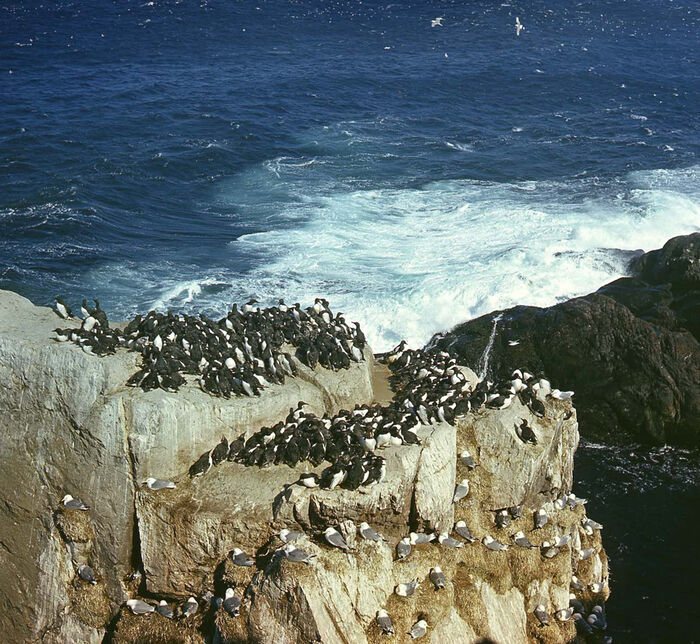
Short supplies of adequate nesting sites and food resources are often associated in discussions of the ultimate factors controlling seabird population size, distribution and breeding success. Shift of prey distribution may affect the interaction between seabirds breeding at the same site.
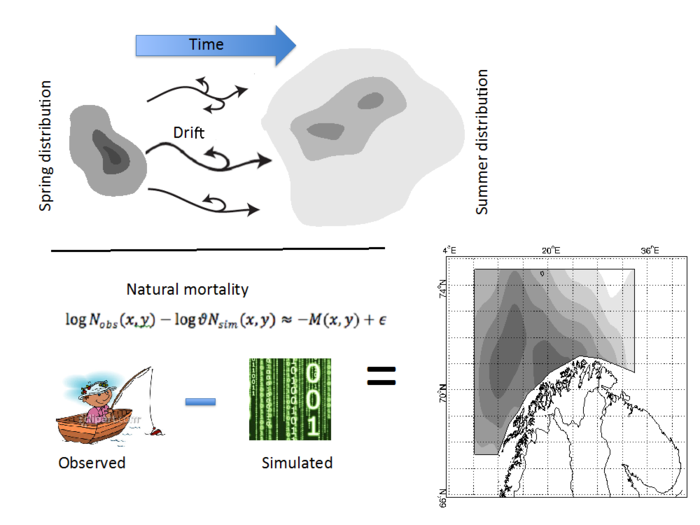
Mortality of pelagic eggs and larvae of marine fish is often assumed to be constant both in space and time due to lacking information. This may, however, be a gross oversimplification, as early life stages are likely to experience large variations in mortality both in time and space.
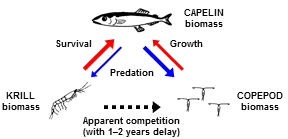
In a study recently published in Ecology we find apparent competition between major zooplankton groups in a large marine ecosystem. Apparent competition is an indirect, negative interaction between two species or species groups mediated by a third species other than their prey.
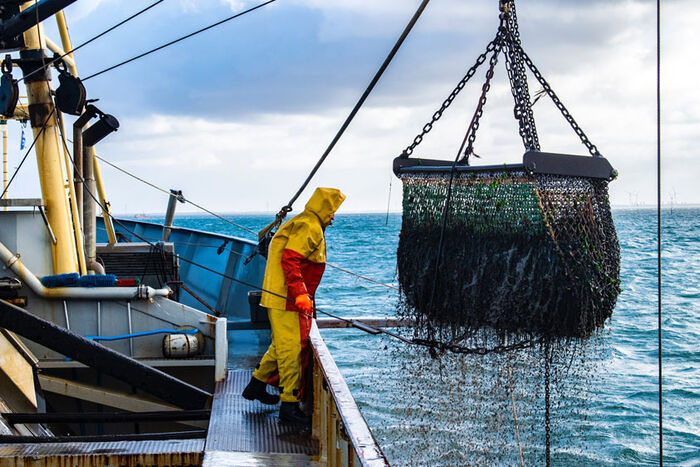
“Social-ecological systems dependent on fisheries must be resilient or adapt to remain viable in the face of change.”
In a paper published in ICES journal of marine science we reviewed the adaptation options in fisheries management to support resilience and transition.
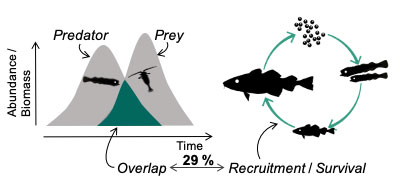
We assessed the effect of the predator−prey relationship on predator survival by developing a novel metric of predator−prey overlap using spatio-temporal statistical models. We found that the amount of overlap between cod larvae (length: 11−15 mm) and their prey explained 29 % of cod recruitment variability.

Jellyfish are usually not targeted by scientific surveys that focus on commercial fish stocks. However, they are very often found in the by-catch of egg and larval surveys. In a recent paper in ICES journal of Marine Sciences, we studied such by-catch data from surveys conducted between 1959-1993 in the Barents Sea showing the high value of such historic data.
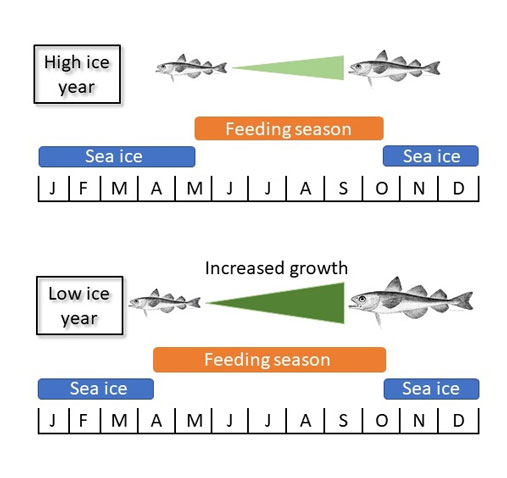
We studied the effect of changes in sea ice cover, sea temperature, and biomass of prey or predator on the length of polar cod. Our results show a significant negative effect of sea ice cover on length of all age groups of polar cod: Polar cod grow faster when there is less sea ice.
There are, unfortunately, no master projects available at this stage!
The project “Effects of Neonicotinoids and Temperature on Crop Pollination (NEOPOLL)” is a ~4 year Researcher project awarded Anders Nielsen (PI) over the Miljøforsk program at the Norwegian Research Council. The project started in April 2017. There are several master students involved in the project, investigating different aspects of how neonicotinoids affect bumblebee behaviour and colony development, but also more ecotoxicological approaches related to pesticide accumulation in nectar, pollen and bumblebees.
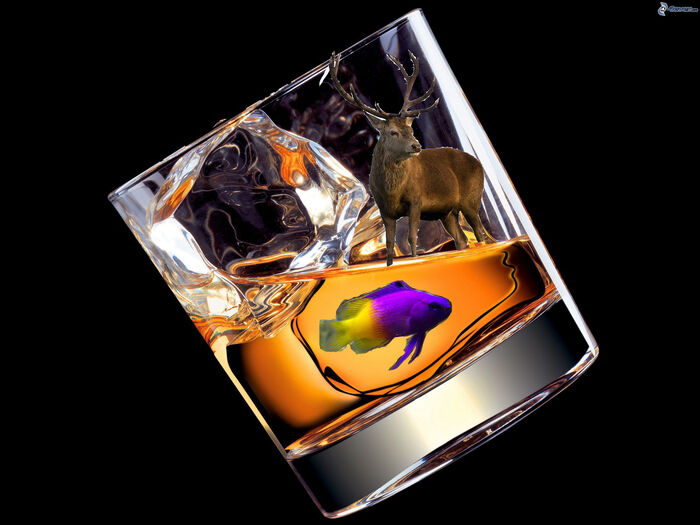
In 2005 Stenseth and colleagues wrote a tribune in the Theme section of MEPS ‘Bridging the gap between aquatic and terrestrial ecology’ arguing on the mutual benefit of uniting ecologists to give birth to new science and understanding. In December 2014 we got funded a big project by the Norwegian Research Council to do just so in Norway.
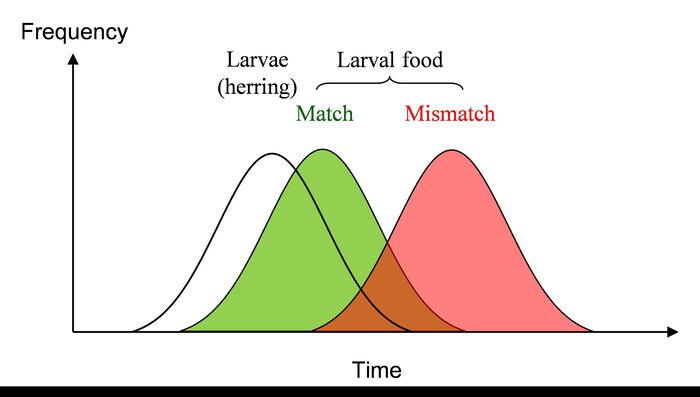
Climate change is thought to change many aspects of the marine life. Among others, one can mention changes in species distribution (immigration of species; new species coming to northern areas), the rate of development (warmer the temperature, the faster is the development), and change in the timing of the reproduction. The latter has recently caught a lot of attention around a nearly 50 years old hypothesis of the British fisheries biologist David Cushing.
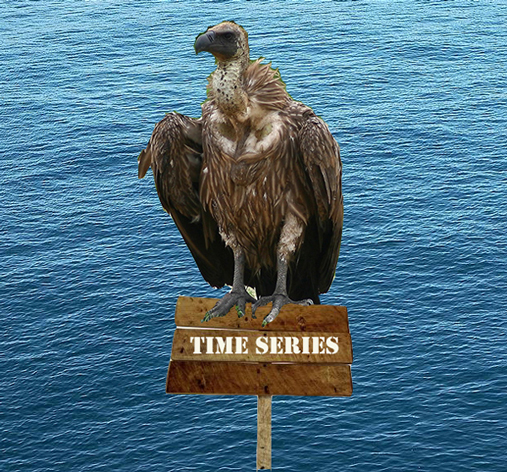
Some while ago a student asked us if we were collecting data in the marine ecological group at CEES. We were forced to acknowledge that we were not. From this follows a real cri de coeur: “but we are only scavengers!” Are we really? If we are, is it all bad?
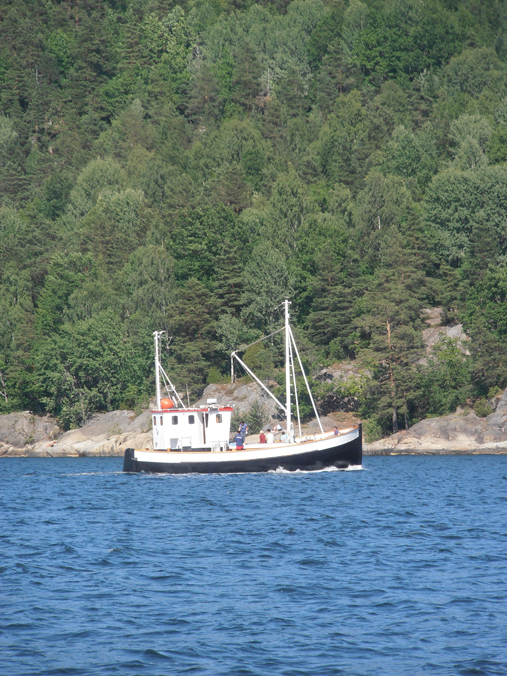
Spatial Ecosystem models can be useful but need to be validated with data. Our study validates for the first time the spatial version of the commonly used Ecopath with Ecosim ecosystem modelling suite. We find that spatial distribution of fish species is well predicted by the model, but fishing effort distribution is not.
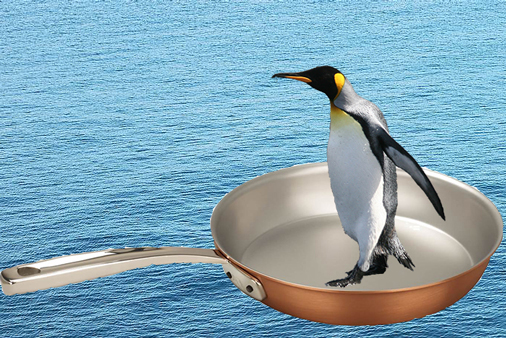
Penguins are highly visible species for the public. Their life has been portrayed in many movies. Unfortunately they are also species impacted by climate change. In a recent publication a team led by Charles Bost used long-term data to relate the large-scale climatic anomalies in the Southern Hemisphere to the foraging behaviour and population dynamics of the king penguin.
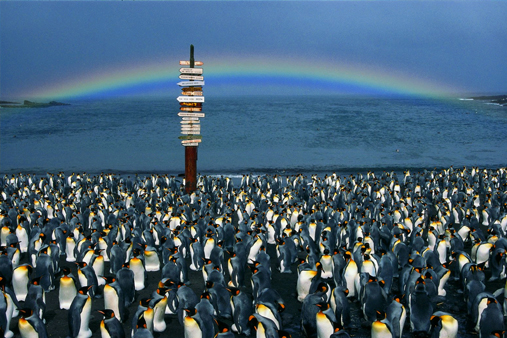
Much of our present knowledge on the ecology and behaviour of animals is derived from longitudinal studies of individuals using long-term datasets. The collection of such datasets requires the ability to identify individuals repeatedly over time, i.e. by individual markings. Here comes the problems for Penguins.


